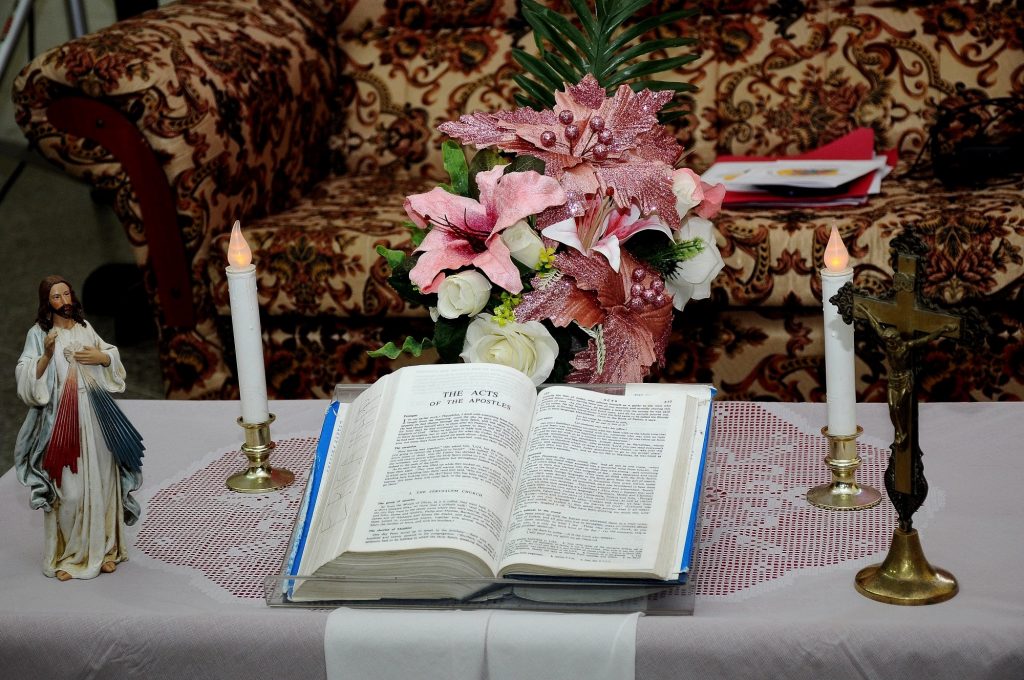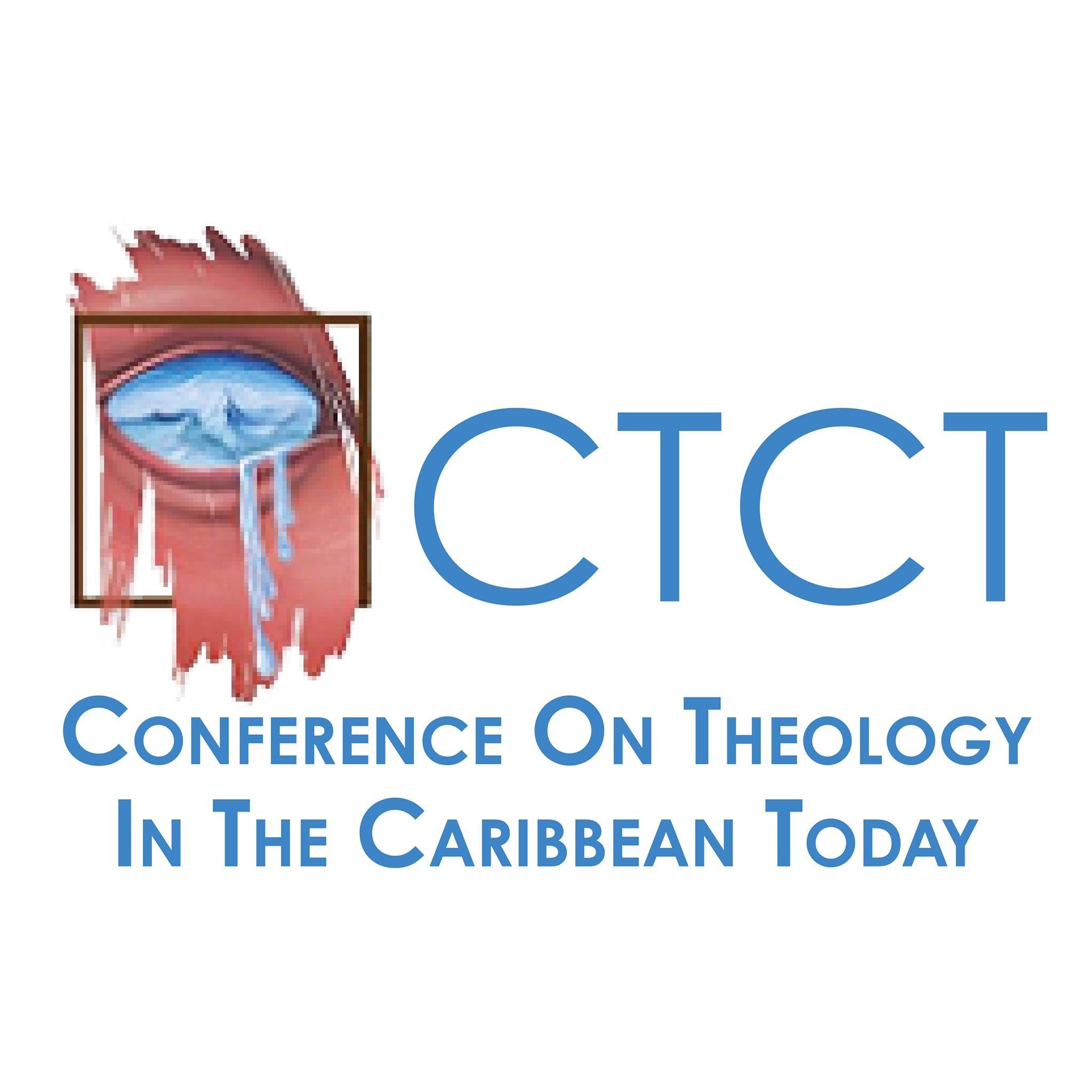Blog Detail
Blog Detail
“Caribbean people love Scripture” – a reflection on Sunday Word of God
On Sunday, January 22, 2023, the Catholic Church celebrates Sunday of the Word of God. The goal is to celebrate, study, and disseminate the Word of God (Apostolic Letter, Aperuit illis, #3).
It is said that Caribbean people love Scripture. Pentecostals and Evangelicals are generally known for studying the Bible and utilizing this knowledge for preaching, doctrinal defense, or challenging the doctrines of other Christian traditions. While Catholics are known for their limited understanding of the Bible, there is a growing practice of praying with the Scripture (Lectio Divina), therefore gaining a deepening appreciation of its meaning. Whatever the approach, there is no doubt that in the historical experience of oppression, Caribbean people found empowerment, consolation, and inspiration in the Scriptures.
In this article, I wish to present the Church’s meaning of the expression ‘Word of God’ and reflect on the Church’s mission of proclaiming God’s Word today. The Second Vatican Council document, Dei Verbum (The Word of God), speaks to the Word of God as God’s self-disclosure in history that climaxes in Jesus and the proclamation of the Word of God by the Church. The Hebrew word dabar (“word” or “talk”) means not only the spoken word but also an event, an affair, or an act that is organic and effective. The Word holds the power and energy of God’s creative action. “God said, ‘Let there be . . .’”(Genesis 1). Dabar also indicates God’s saving action as God speaks through the prophets. God’s Word calls (Amos 3:8), transforms (Jeremiah 20:7-9), and acts through the prophets (Jeremiah 1: 9-10). The Word of God means God’s self-disclosure to humans in history. In this context, the prophets’ preaching becomes a vehicle of God’s self-disclosure and impact on history.
With their encounter with Jesus Christ, the New Testament writers develop the living and effective qualities of the Word of God. For John, Jesus is the Word of God incarnate (John 1: 14). Jesus is the “word of life” and self-revelation of God whom “we have seen with our eyes” and touched with our hands” (1 John 1:1). Jesus’ proclamation is referred to as the “word of God” (Luke 5:1); his preaching is powerful (Matthew 8:16) and accompanied by the Spirit (Luke 4:18). As a result of a further encounter with Jesus Christ as the Word of God risen and present, the good news for the early Church is preaching about Jesus which makes him present, creating, revealing, and redeeming (Hebrews 1: 1). Consequently, the primary mission of the Church is the proclamation of the living and effective Word of God to save souls (James 1:21) and sow the seeds of new life (1 Peter 1:23). In the Catholic tradition the Bible or Scripture is a vehicle for transmitting the Word of God – God self-disclosure. God’s self-disclosure is so universal that “if all were written down, the world itself. . . would not hold all the books that would have to be written” (John 21:24-25).
How does the self-disclosure of God continue in our times with our unique questions and concerns? The appearance narrative of Jesus’ encounter with the Emmaus disciples (Luke 24: 13-34) is a suitable scriptural model. In the encounter, Jesus asks a question about a contemporary situation and becomes aware of the disciples’ disturbing context (Luke 24:13-17). In response to “the recent happenings in Jerusalem,” Jesus engages the Hebrew Scripture to provide meaning to a current event (Luke 24:27). Theologian Karl Barth’s famous axiom “Take your Bible and take your newspaper and read both. But interpret newspapers from your Bible” is applicable here. The conversation climaxes with the ‘Breaking of Bread,” a liturgical celebration which, according to Dei Verbum, is the best space for proclaiming the Word of God.
For this reason, the disciples said, “Did not our hearts burn within us. . .” (Luke 24: 28-31). So then, inspired by God’s self-disclosure in the risen Jesus Christ, the disciples are challenged to return to the mission, telling the story of what happened in the encounter with the Word of God.
Therefore, the Word of God is God’s self-disclosure in history that reaches a climax in Jesus Christ and is further proclaimed by the Church. Like the Emmaus disciples, there are pressing national, regional, and global concerns. The Church’s mission is facilitating Christ’s presence by dialoguing with the scripture in the context of the liturgy.
by Fr. Donald Chambers
